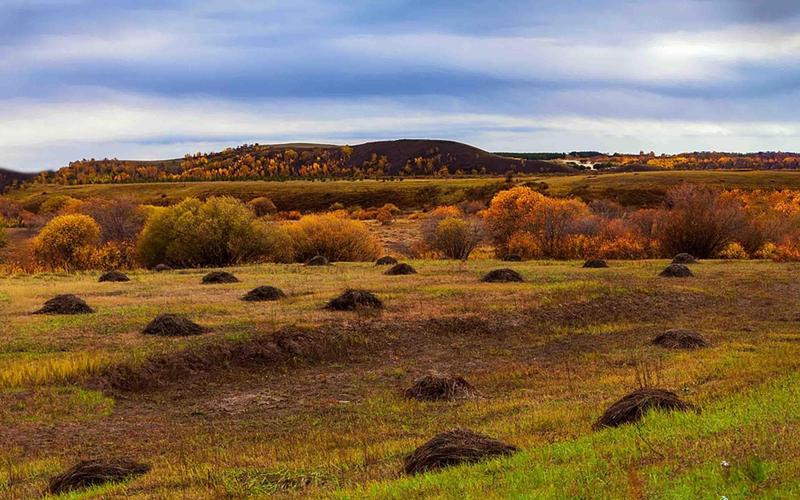Food and culture are closely intertwined. Our food choices reflect our cultural values, beliefs, traditions, and identity. It’s no surprise that when you explore global cultures, food is a common denominator. Food can tell a story of history, geography, art, and lifestyle. In this article, we dive into the intersection of food and global culture and how they influence each other.
Food tells the story of a culture
Every culture has its unique cuisine that reflects its traditions, history, and geography. For instance, Italian cuisine is defined by its use of fresh herbs, olive oil, and tomatoes, a reflection of its warm Mediterranean climate. Similarly, Indian cuisine is defined by its rich spices and flavors, a reflection of its diverse culture, and long history of trade. The ingredients, cooking techniques, and flavors used in a particular cuisine, are all a reflection of the culture it represents.
Food and Travel
Food is one way to explore the world and connect with other cultures. Traveling provides an opportunity to try new foods, experiment with flavors, and broaden your culinary horizons. From street food to formal dining, food is an essential aspect of exploring new cultures. You can learn a lot about a culture from its food, as it reflects the local customs, ingredients available, and the local environment.
Food and Festivals
Festivals are another way that food and culture intersect. Celebrations such as Thanksgiving, Hanukkah, Christmas, and Lunar New Year, all involve special food traditions that are closely linked to that culture. These traditions often go back generations and are used to mark significant events. Festivals are an excellent way to immerse yourself in another culture, to share and understand their values and customs.
Food and globalization
As the world becomes more connected, the influence of one culture on another becomes more evident in food. Globalization has made it easier to access ingredients from other parts of the world, such as spices, fruits, and vegetables, leading to fusion cuisine that blends different cultural elements. As people from different cultures move around the world, they bring their food traditions with them, leading to an even greater amalgamation of cuisines.
Food and identity
Food plays a crucial role in our identity. It is often deeply tied to who we are, where we come from, and how we express ourselves. Traditional family recipes are passed down through generations, reiterating our cultural heritage. When we cook or eat food, we are not just consuming nutrients, but we are connecting with our cultural roots.
Conclusion
In conclusion, food is an essential aspect of culture, reflecting beliefs, traditions, and identity. Through food, we can experience and learn about different cultures and appreciate their unique qualities. Exploring the intersection of food and global culture can be a rewarding experience that allows us to connect with others and broaden our understanding of the world.
(Note: Do you have knowledge or insights to share? Unlock new opportunities and expand your reach by joining our authors team. Click Registration to join us and share your expertise with our readers.)
Speech tips:
Please note that any statements involving politics will not be approved.
